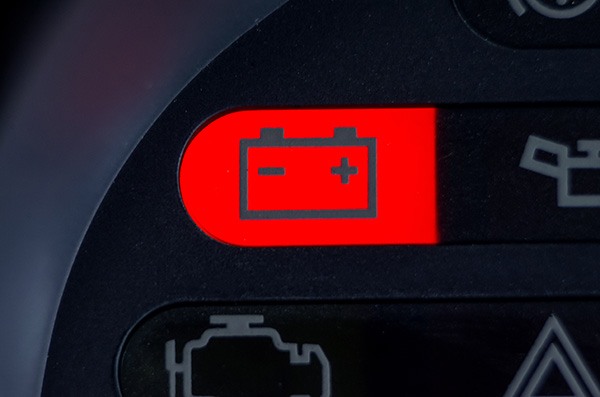
Modern Mercedes-Benz vehicles are equipped with sophisticated electrical systems, and at the center of it all is the Battery Management System (BMS). This system monitors, regulates, and protects the vehicle’s battery, helping to ensure long-term performance, especially in newer models with features like start-stop technology, regenerative braking, and multiple onboard computers.
But as smart as these systems are, they’re not immune to failure. When the BMS starts acting up, it can lead to a host of electrical issues that are confusing to diagnose and frustrating to live with. Understanding why these systems fail and what to do when they do will help you stay ahead of bigger problems.
What Does the Battery Management System Do
The BMS isn’t just a fancy monitor. It’s a network of sensors, software, and electronic control units that handle everything from battery voltage regulation to energy distribution. Its job is to ensure the battery remains within safe operating conditions while delivering sufficient power for all the car’s electrical systems.
In Mercedes-Benz vehicles, the BMS may also control how the alternator charges the battery, how long electronics stay on after the engine shuts down, and whether to engage fuel-saving features like automatic engine shut-off at stoplights.
When this system fails, the effects can feel random, but they’re not. They follow the chain of electronic events the BMS normally regulates.
Signs the BMS Is Malfunctioning
Battery Management System failure doesn’t always show up as a dramatic event. Most of the time, it starts with small electrical glitches that become more noticeable over time.
You may notice:
- Interior lights flickering or behaving erratically
- A drained battery after the car sits overnight
- Warning lights appearing for unrelated systems (like brakes or transmission)
- Start-stop systems refusing to activate
- The engine cranking slowly or failing to start altogether
In some models, a failing BMS may even throw a check engine light or electrical system warning on the dashboard.
What Causes BMS Failure
Several underlying issues can damage or disrupt the function of a Mercedes-Benz battery management system. One of the most common causes is a weak or dying battery. If the battery isn’t holding a charge properly, the BMS may overcompensate or shut down functions to protect the system, creating errors and glitches.
Another frequent cause is electrical overloading. Aftermarket electronics, improper jump-starts, or corroded terminals can all send voltage spikes through the system. These can damage sensors or interrupt communication between the battery and the vehicle’s computers.
Software issues are also a known factor. Since the BMS is deeply tied into the car’s software, even a minor bug or outdated firmware can create issues. That’s why in some cases, Mercedes-Benz dealerships or specialists recommend a software update before replacing hardware.
And finally, sensor or wiring faults can also trigger BMS errors. If one of the voltage, temperature, or current sensors malfunctions, the BMS may interpret the readings as unsafe and disable certain features, or refuse to charge the battery.
Can the BMS Be Repaired
In many cases, yes. The good news is that a failing battery management system doesn’t always mean the system itself is ruined. Often, the real culprit is a weak battery, damaged wiring, or outdated software. Replacing the battery and resetting the system is sometimes enough to restore normal operation.
More serious cases might require replacement of the battery sensor module or the control unit itself, but these situations are less common when maintenance is kept up.
The most important step is to get an accurate diagnosis from a shop that understands how these systems work in Mercedes-Benz vehicles. Standard diagnostic tools won’t always pick up BMS-specific trouble codes, and general repair shops may miss the warning signs.
The Importance of Timely Diagnosis
Because a malfunctioning battery management system can affect so many other components, it’s crucial not to ignore the symptoms. What seems like a weak battery may actually be an underlying issue in how the car manages voltage and power.
Waiting too long can lead to damaged relays, failed modules, or expensive repairs, especially if the system fails during cold starts or under heavy electrical load. If your Mercedes is showing electrical glitches, it’s worth getting things checked before the problem gets worse.
Mercedes-Benz Electrical Diagnostics in Denver, CO
At MB Clinic in Denver, CO, our technicians specialize in diagnosing and repairing electrical issues specific to Mercedes-Benz vehicles. If you’ve noticed flickering lights, weak starts, or strange warning lights, your battery management system may be the source. We use manufacturer-level tools to test and reset your BMS, inspect your battery and sensor systems, and make sure your car’s electronics are functioning the way they should.
Don’t wait for a dead battery or more warning lights. Schedule a diagnostic inspection with MB Clinic today and keep your vehicle’s electrical system running smoothly.